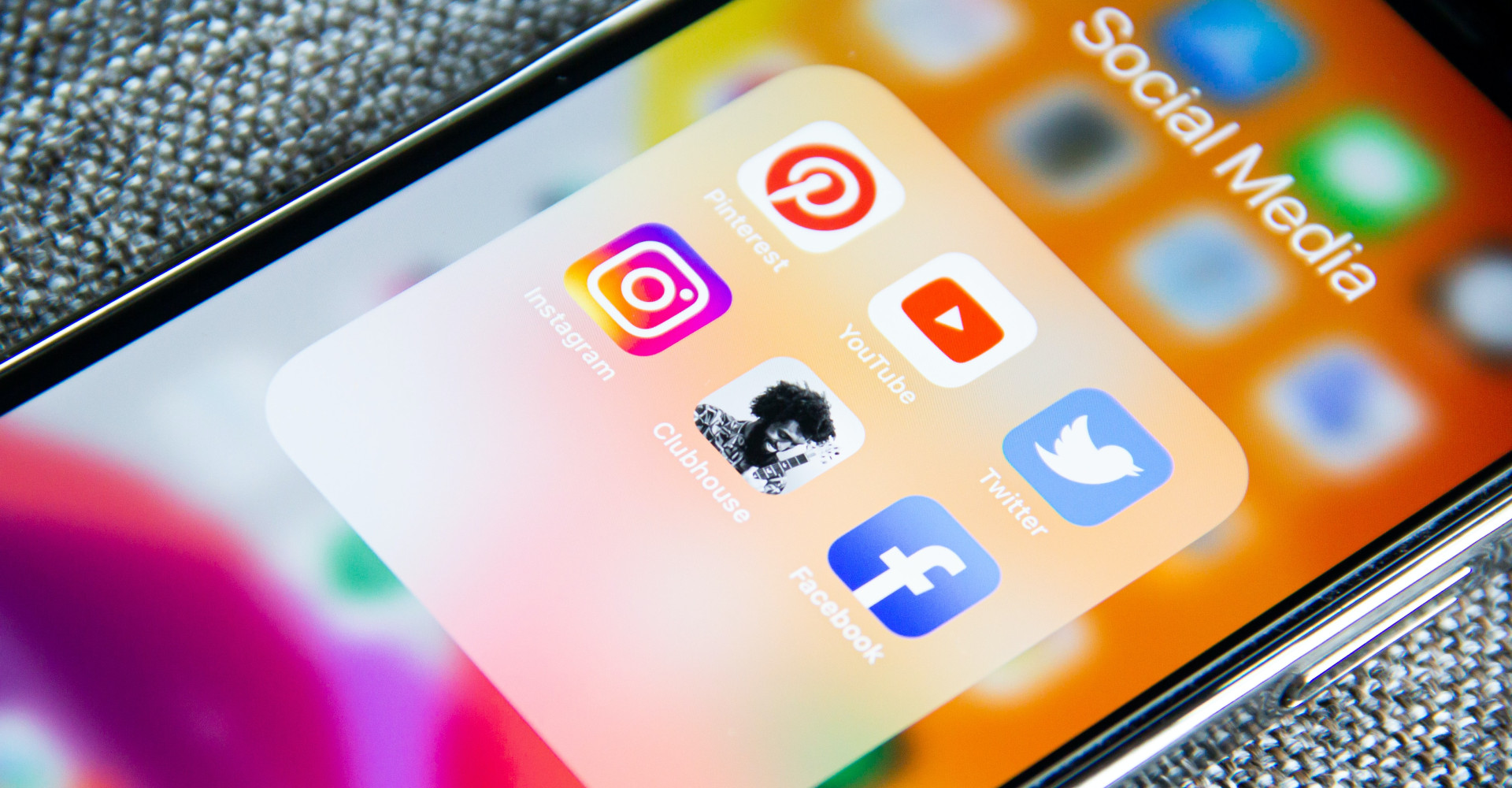A personal brand is a trending marketing tool that only the lazy are not talking about now. This promotion technique allows you to increase the loyalty of customers and subscribers, as well as move to a new level of recognition and demand. However, individual branding is not always applied correctly and consciously. And mistakes in promoting a personal brand can not only offset time and money costs, but also play a negative role in business.
In this article, we will tell you why, how and when to develop a personal brand, as well as consider the difficulties of this type of promotion.
Personal brand — reach and reputation
An individual brand is a trademark that is built on the skills, knowledge, qualifications and charisma of an individual. At the same time, personal branding can be focused on promoting both the person and the product with which it is associated.
To evaluate a personal brand, two main metrics can be distinguished:
- Audience reach;
- Reputation.
Reach — the number of people and companies that interact with the brand (subscribed to the channel, seen ads, are regular customers, etc.). Not always a large audience is a sufficient condition for the effective promotion of a personal brand. For many industries, it is not the scale of coverage that matters, but its relevance to the target audience.
For entertainment content or B2C business, large reach is a priority. In these segments, the target audience is a wide section of society, which sometimes does not even make sense to segment. The more complex the product and narrower the specialization, the more effective coverage is determined not by a quantitative indicator, but by a qualitative one.

If you are promoting your personal brand on Instagram by posting cover versions of popular songs, then almost every loyal follower can be considered an asset. Especially if the main goal is to gain a large audience and earn money, for example, by advertising consumer goods or other entertainment accounts.
But if you are engaged in the production of complex technologies or work in a highly specialized segment, then in addition to the size of the audience, its composition is of great importance. For example, in the sale of dental equipment and accessories, subscribers who are somehow related to dental offices and clinics are obviously a valuable asset.
With reputation, the situation is clearer and more transparent. It should be good (and preferably constantly improve) regardless of the field of human activity. Naturally, there are also reverse examples, when a bad reputation becomes a catalyst for increasing awareness, and later the popularity is converted into profit. However, such cases are more common in the field of show business and even there they are rather an exception to the rule.
If you are developing a personal brand, then behind the name, logo and advertising should be a quality product, high qualifications (or a desperate desire to reach this level), the loyalty of people and companies with which you have already interacted. The work of maintaining and improving reputation is never finished. Only in this case, you can count on a stable level of recognition and a high assessment (including monetary) of the service/product.
Promoting consciously and adequately
Marketing trends are often picked up and implemented by companies and entrepreneurs without proper analysis. Promotion tools and techniques that have become popular and show results, many without hesitation are included in the mandatory marketing program. Personal branding suffered the same fate. Most entrepreneurs simply include “self-marketing” in their strategy without understanding the nuances of this promotion option.
The main questions that need to be answered before promoting a personal brand:
- Why is this needed?
- What niche to advance in?
- How to stand out from competitors?
- Is there time, money and patience?
Personal branding is a long-term project that requires a thorough approach, as well as an impressive amount of money and time. Taking a course on a personal brand, create an Instagram account or a YouTube channel is not enough to start working on a personal brand.
The first step is to define the tasks. Without a clear understanding of why all these “movements” are being made, it is not worth starting. Among the main goals of self marketing are the following:
- Increase in the price of a service/product;
- Reducing the cost of a lead and simplifying lead generation;
- Making your offer stand out from the crowd.
Developing a personal brand “for show” is not a good idea. This is a complex and time-consuming process with its own risks and complexities. Therefore, you need to understand what is expected at the output and how to evaluate the results of promotion.


Name branding in most cases should be based on the high qualifications of the individual and the benefits that customers/subscribers can receive. You need to advance in the area in which you are a professional. The coefficient of expertise directly affects the reputation and loyalty of the audience.

The expert level is a rather conditional value, which is difficult to determine on your own. Therefore, at the stage of choosing a niche for promoting a personal brand, it is important to adequately assess your capabilities and knowledge, study competitors and the content that is in this segment. It may seem that an individual brand is the prerogative of only the top representatives of the industry. However, this is not quite true. You can build a personal brand at the same time as improving your skills. This still requires a good knowledge base and adequate positioning. Posing as a top psychologist after reading a few books on the subject is not a good idea.
Important conditions for stable audience interest:
- Quality product/service;
- High level of trust;
- Constant feedback.
Without these components, it is difficult to count on long-term success, even if you invest a lot of money in advertising. Obviously, with a quality offer, it is easier to win the loyalty of the audience. But potential customers should notice it in a competitive environment. Therefore, the questions “how to stand out?” and “what makes me stand out?” just as important as niche selection. Not everyone manages to find answers to these questions, but if they are found, then there is an understanding of which point to hit in order to achieve a result. Having determined your competitive advantages, you can build an image around them, and advertising campaigns, and communication with customers.
Creating a personal brand — the main tools
Today, promoting yourself without digital tools is like going to a race with a car without a motor. For effective marketing, you need to use different channels of communication with the audience:
- Social media;
- Email;
- Website or landing page;
- Messengers, etc.
For effective promotion, you need to research your target audience and determine on which platforms and how to communicate with it. There is no universal recipe. For some niches, it is necessary to focus on the Instagram account, for others, the main traffic will be from the YouTube channel, and in some cases, activity on Twitter is indispensable.

As a rule, it is difficult to manage with one communication channel for individual branding. Ideally, you need to set up omnichannel communication with your audience. As a rule, it is difficult to manage with one communication channel for individual branding. Ideally, you need to set up omnichannel communication with your audience by utilizing different platforms and technologies, such as the call now button. At the same time, it is important to monitor the effectiveness of each channel and, if necessary, adjust the list of platforms to promote the brand.
The most important stage for promoting an individual brand can be a personal presentation and offline communication with potential customers. This can be done at various conferences, business forums, exhibitions, etc. A live meeting is a good way to take your audience communication to the next level. In addition, in many areas, deals do not close without personal negotiations.
The pitfalls of personal branding
The development of a personal brand is a marketing strategy that does not guarantee (like all methods of promotion) a 100% result. Self-marketing is characterized by a number of difficulties that must be considered before starting work in this direction:
- It is hard;
- It is expensive;
- It is long;
- It is energy intensive.
The complexity of promoting an individual brand lies in many aspects. It is not easy to find your niche, it is difficult to stand out and gain a foothold in it, and even more difficult to maintain and improve your level.
The “personal brand” project is about patience and willingness to invest time and money. It is difficult to build a reputation in one month, it may take years (and this is without a guarantee of success). The bet on individual branding should be supported by advertising, constant self-development, and regular communication with the target audience. If this is not intended, then self-marketing has little chance of reaching the goal.
The development of an individual brand is a consent to publicity and constant constructive interaction with the public. A person should be open to communication and ready for criticism. Cold-bloodedly analyzing the reaction of the audience and responding in detail even to compromising appeals is far from being possible for everyone.

An introvert is not a sentence for developing a personal brand. There are niches where you can gain credibility without relying on comprehensive and active communication with the public, focusing on demonstrating your skills and high qualifications. Nevertheless, it will not work to completely refuse feedback, so you still need to be prepared for some communication with the audience.
Promotion of a personal brand — to be or not to be
Individual branding is a promising marketing strategy that is designed to increase the price tag for a service/product, distinguish a person from the crowd and increase the volume of an interested audience. In a simplified formula for success, recognition, a quality product and a good reputation at the exit give an increase in profits and business scaling. However, self-marketing is a long-term project with significant investments, difficult to predict results, and special requirements for the personality, which is the basis of the brand.
In many industries, there are examples of a personal brand that has significantly increased the profitability and scale of the business. Such successful cases are on everyone's lips. But it's also worth remembering the large number of less successful (and even unsuccessful) personal brand campaigns.
Personal branding does not always prove to be a profitable marketing strategy. It is better to refuse such a promotion option if:
- There is no sufficient level of competence (and desire to achieve it);
- There is no readiness for publicity and constant interaction with the audience;
- There are no goals and metrics for evaluating progress;
- There is not enough time and money;
- There are faster and easier ways to achieve your goal.
If, however, it is decided that individual branding is indispensable, then you should be patient and start cultivating a constant desire to improve your skills and communicate with the audience.
Don't waste another minute manually transferring leads from Facebook to other systems. SaveMyLeads is a simple and effective tool that will allow you to automate this process so that you don't have to spend time on the routine. Try SaveMyLeads features, make sure that this tool will relieve your employees and after 5 minutes of settings your business will start working faster.
